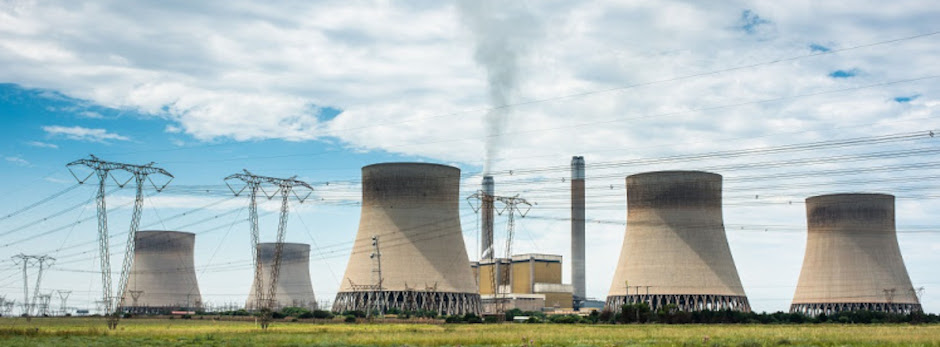It is time for the renewable-energy sector to begin a refinement of its requirements for expert status.
In the build-up to COP26, held in Glasgow in October-November 2021, we were bombarded with UN reports, climate change programmes on television networks and all manner of standards, metrics and estimates on greenhouse gas (GHG) emissions, carbon emissions and global temperature increases over the next 30 years. The statements and reports are based on the opinion of “experts”, “groups of experts” or “specialists” and — according to the media — appear to be both accurate and exact.
The Intergovernmental Panel on Climate Change (IPCC), for instance, relies on hundreds of leading experts who volunteer their time and expertise as authors and reviewers. The IPCC used a total of 831 experts for the Fifth Assessment Report from 3,598 nominations. Names and affiliations of the contributing experts are included in the Sixth Assessment Report (AR6) and appear to be from government agencies and academia. AR6 addresses the most up-to-date physical understanding of the climate system and climate change, bringing together the latest advances in climate science. It combines multiple lines of evidence from paleoclimate observations, process understanding and global and regional climate simulations.
While those involved in crafting these messages are clearly highly engaged in climate-change programmes or research, one has to be rather more specific about their professional authority to make certain claims. The opinions of experts also appear nowadays to be based on the interpretation of “big data” and its use to provide sustainability metrics. The quality of the data is rarely questioned but companies are nonetheless publicly graded on the metrics.
There are already some signs of disagreement in the ranks of these experts. Desiree Fixler, who was sacked earlier in 2021 from her role as global head of sustainability at German asset manager DWS, has alleged the firm made misleading statements in its 2020 annual report — where it claimed more than half of its $900bn in assets was invested using ESG criteria. Another industry executive familiar with DWS’s work said the “data quality is really bad”.
Read the full article in Business Day Live

